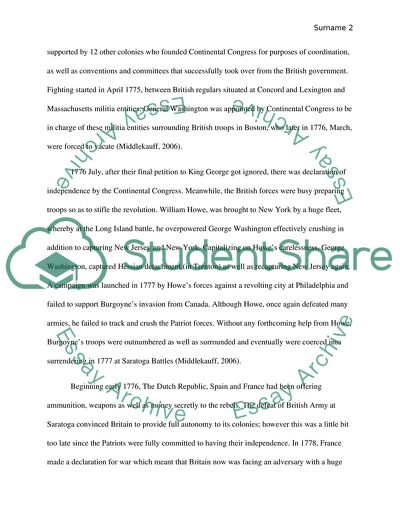Cite this document
(The American Revolutionary War Report Example | Topics and Well Written Essays - 1750 words, n.d.)
The American Revolutionary War Report Example | Topics and Well Written Essays - 1750 words. https://studentshare.org/history/1851575-american-revolutionary-war
The American Revolutionary War Report Example | Topics and Well Written Essays - 1750 words. https://studentshare.org/history/1851575-american-revolutionary-war
(The American Revolutionary War Report Example | Topics and Well Written Essays - 1750 Words)
The American Revolutionary War Report Example | Topics and Well Written Essays - 1750 Words. https://studentshare.org/history/1851575-american-revolutionary-war.
The American Revolutionary War Report Example | Topics and Well Written Essays - 1750 Words. https://studentshare.org/history/1851575-american-revolutionary-war.
“The American Revolutionary War Report Example | Topics and Well Written Essays - 1750 Words”. https://studentshare.org/history/1851575-american-revolutionary-war.


